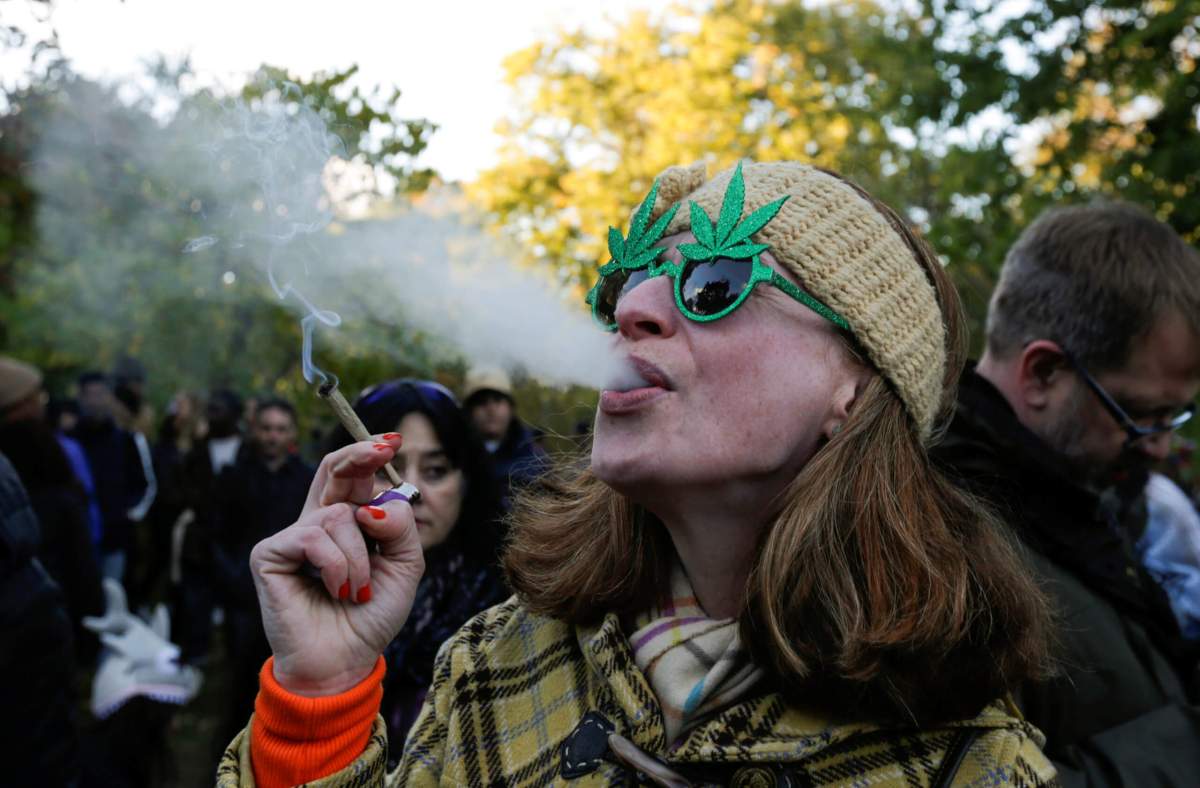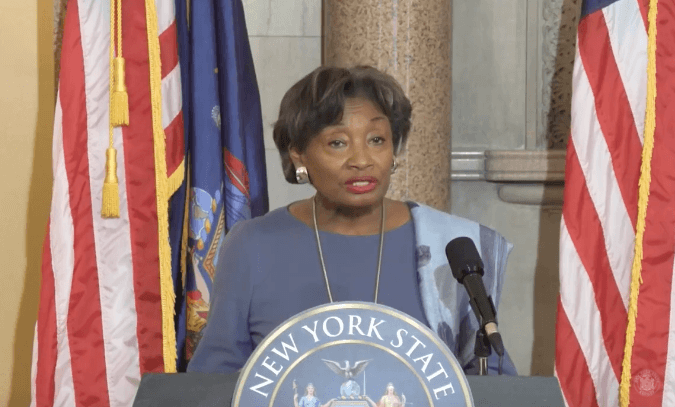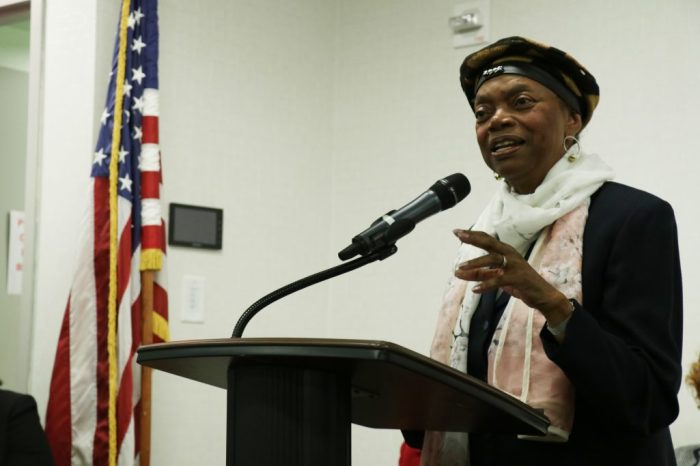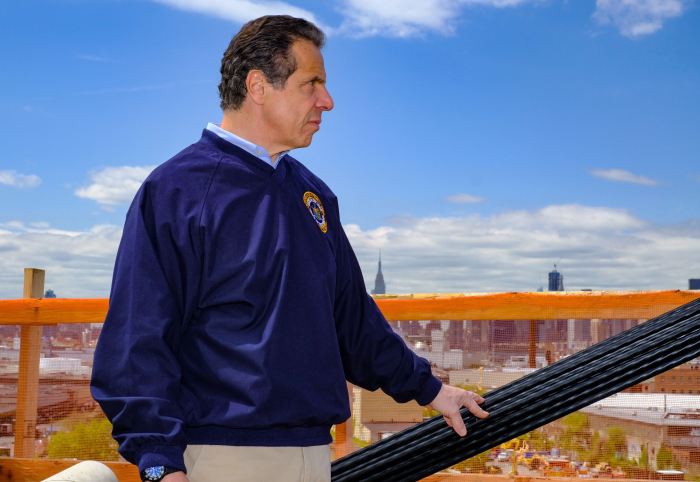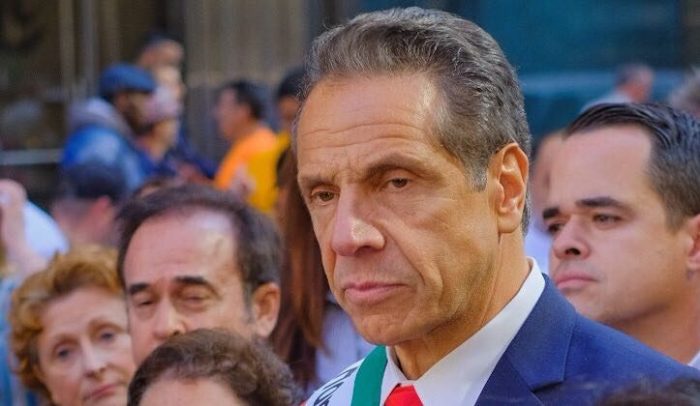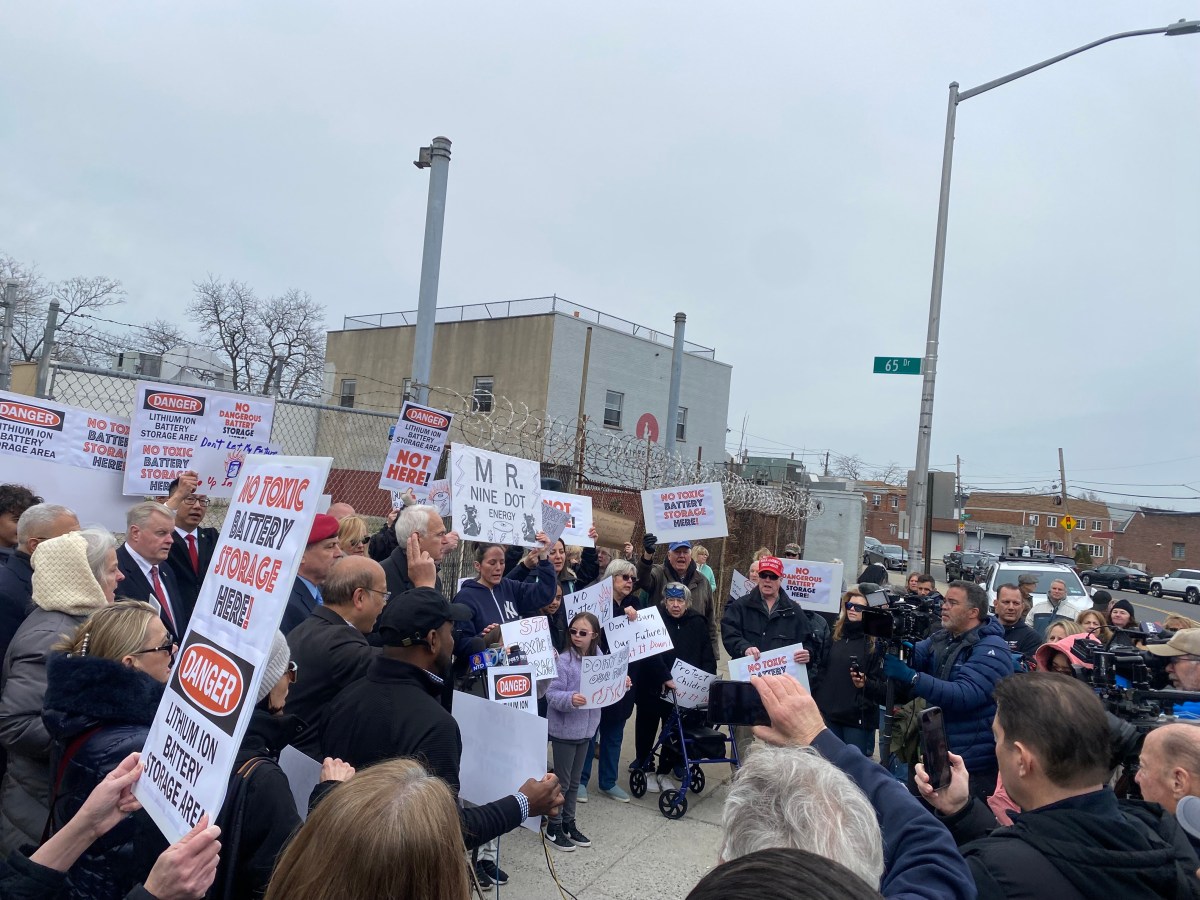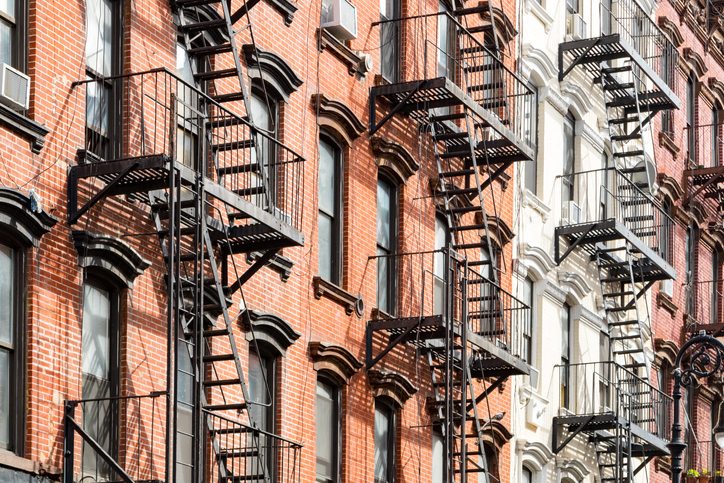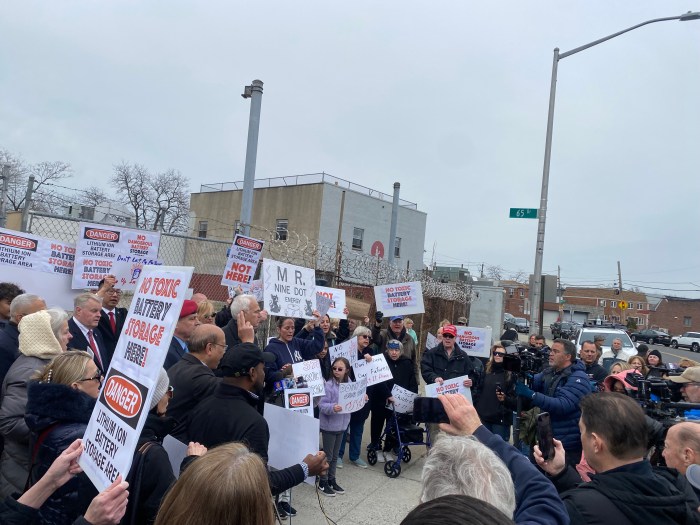It’s now or never for legalizing recreational marijuana use in New York state, according to Governor Andrew Cuomo.
With New York staring at a massive budget hole blown open by the COVID-19 pandemic, legalizing marijuana could light up economic activity the Empire State to the tune of $3.5 billion, with 60,000 new jobs created and a new annual tax revenue stream of $350 million once fully implemented, according to the Governor’s office.
Hoping to get a joint deal with the legislature done in time for the April 1 budget deadline, Cuomo announced Monday several amendments to his budget bill geared toward legalizing pot in New York. The amendments, he said, reflect conversations the Governor’s office has had with state legislators about cannabis legalization — a years-long debate that’s often been stymied in Albany due to political differences.
“We don’t have an agreement yet, but I believe we’re making progress,” Cuomo said on Feb. 15 regarding negotiations on a marijuana legalization bill.
Yet the governor was blunt with his assessment that it’s make-or-break time for marijuana legalization.
“Legalizing recreational marijuana is something we’ve tried to do for several years. It is overdue, in my opinion,” Cuomo said Monday. “You have people incarcerated for crimes that, frankly, they shouldn’t have a record on. We also need the revenue from legalizing recreational cannabis. It’s a controversial topic, I get it… I believe if we don’t have it done by the budget, we’re not going to get it done, and I think it would be a failing if we don’t get it done this year.”
The Governor’s office projections on the economic benefits of legalizing pot jibe with a report released earlier this month by economist James Parrott of the Center for New York City Affairs at The New School in Greenwich Village. The report indicates that approving recreational marijuana in New York this year would provide an immediate high for the state economy, creating 11,000 jobs in the coming year and 50,000 new jobs within five years.
The state could also rake in $2.5 billion in marijuana excise taxes by 2027, Parrott’s report found.
“A legalized adult-use cannabis industry can inject billions into our state economy and address longstanding inequities with smart policies in place,” Parrott said. “As New York works to develop new revenue streams to address critical budget needs and repair the economy in the wake of the COVID-19 crisis, legalization provides a substantial opportunity to create new and diverse small businesses, quality jobs and strengthen rural and urban economies and communities.”
One of Cuomo’s budget amendments would create a $100 million Cannabis Social Equity Fund, in which qualified community organizations and local governments would be able to tap into resources to rebuild communities that, the Governor’s office noted, “have been most harmed by the war on drugs.”
The fund would provide block grants to help fund community programs for job placement and skill services; adult education; mental health treatment; substance abuse treatment; housing; financial literacy; community banking; nutritional services; after-school and child care services; legal services; women’s health linkages; and more.
The governor’s also proposing legislation that would permit delivery services to ship cannabis products to customers, further expanding access to recreational pot to New Yorkers.
While recreational marijuana legislation aims to decriminalize cannabis, a third budget amendment would establish misdemeanor and felony offenses for unlawful sale of marijuana beyond state regulations.
Criminal sale of marijuana in the third degree, which is defined as sale of pot to anyone under 21, would be classified as a class A misdemeanor. Criminal sale in the second degree (any sale of over 16 ounces or 80 grams of concentrate) would be made a class E felony, and criminal sale in the first degree (any sale of over 64 ounces or 320 grams of concentrate) would be made a class D felony.
New York presently permits the medicinal use of cannabis in physician-prescribed forms of vapor, lozenges, capsules or patches. In recent years, the state has also decriminalized small possession of marijuana as part of criminal justice reform.



